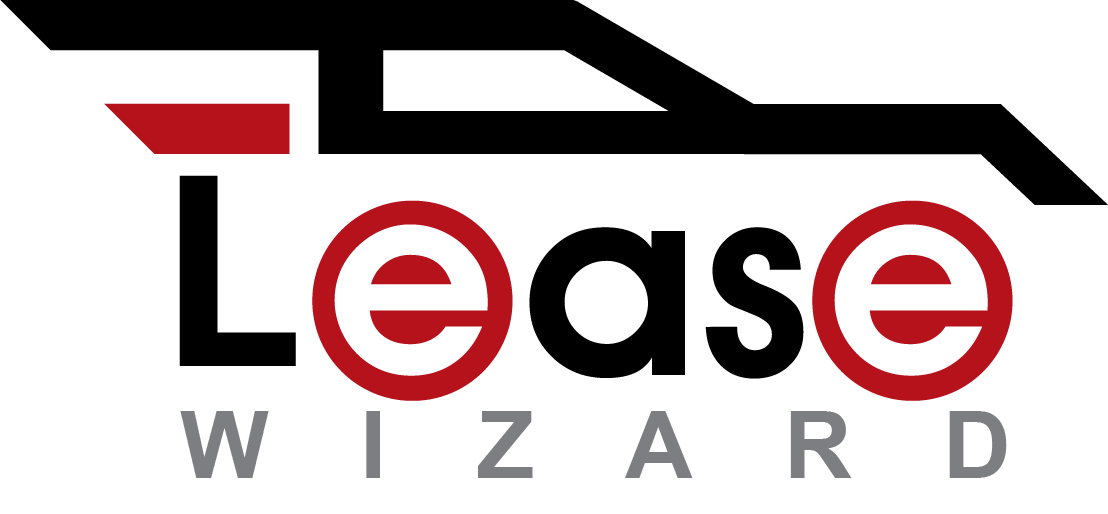A few months back we covered a very good reason to lease, rather than buy, an EV – the tax credits in the Inflation Reduction Act extend to more vehicles when leasing than when purchasing (assuming the lessor passes along the value of the tax credit). But recent price reductions, led by Tesla, provide another great reason for consumers to consider leasing, instead of buying, an EV: when you lease you offload the market risk of the vehicle value being surprisingly reduced to the lessor. And when an OEM decides to reduce the price of their new models, as Tesla has done, that is going to lead to an unexpected, but significant, decline in the value of the models currently on the road, because it reduces demand for these used vehicles, that will maintain the usual gap between new car and used car prices for any given model. Furthermore, even if your EV isn’t a Tesla, it’s value may very well get reduced by Tesla’s price reduction because consumers would then be comparing a new Tesla, now at a reduced price, against your used EV, and this will likely reduce the value of your used EV, since some of the potential buyers for your EV would prefer a new Tesla given its newly reduced price.
The general concept is something we’ve covered before – there’s any number of things that can reduce the value of a vehicle on the road for its owner that are outside the owner’s control: quality problems, overproduction, model being discontinued, and more. Usually price reductions don’t happen, at least not explicitly. What happens is that the sticker price is held firm, or even goes up a bit through the year, and then incentives are added as needed to keep moving the metal. But all of this is built into the forecasted value. What is generally not is the idea that the manufacturer will simply reduce price and sacrifice available per unit profit to grow market share, and presumably the opportunity for greater total profit by selling many more new units than they could otherwise. The other reason this is outside of the ordinary is that while traditional manufacturers could reduce their MSRP, they aren’t selling directly to the consumer and thus cannot actually set the transaction price. For Tesla, and several new EV-only manufacturers that are bypassing having a dealer network, they do have the ability to determine transaction prices, and can unilaterally decide to reduce those prices if they believe doing so can drive more market share and total profit.
Overall, it’s very possible the recent actions by Tesla will be repeated again – either by Tesla or by other OEMs – to reduce their prices significantly to propel a push for more market share. Electric vehicles are still a new technology and as new technologies become more widespread they “move down the cost curve” as the expression goes, which means they become cheaper to produce and therefore can become cheaper to sell while retaining sufficient profit margin. According to a report published by NBC News in late July 2023, new EV prices were down about 20% in the period from June 2022 to June 2023, and over the same period used EV prices were down 30%! With dramatic declines like that, you don’t want to be caught taking that hit to the value of your asset. So let your lessor worry about it, and consider leasing if you’re in the market for an EV.

